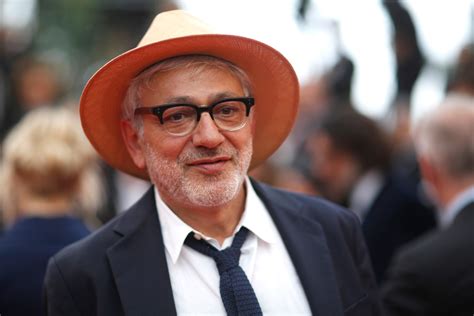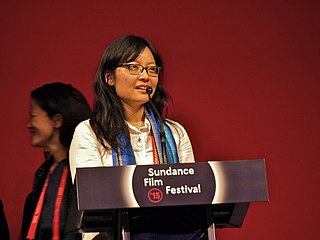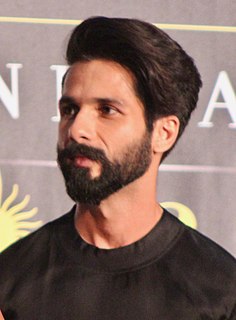A Quote by Elia Suleiman
It's important for me to not historicize. I work to diffuse the issue of identity and to intensify identification. You have to lose your authority in the making of a film to achieve this. The film is about me being absolutely dislocated. I focus on the very personal to arrive at the very political.
Related Quotes
I absolutely refuse to accept the fact that any country in the world goes into a kind of film-making crisis. What happens is they lose confidence, they lose focus and the young film-makers of any particular generation can very easily get lost in that mix. It's happened in Italy, happened in France, happened in the U.K. during my lifetime.
When it comes to identity, that was an issue that plagued me for a lot of my life. It's something that I wanted to tap into. Film can really take you to other places, and sometimes that's necessary to understand your own identity or someone else's identity or just the issue of identity, in general. It takes you. It's borderless. It's boundless. It's universal.
I'm incredibly proud to have been nominated in the past and it really means a lot to me because I do work very hard when I'm making a film and I do really do absolutely give my all. To get that kind of pat on the back, it's really amazing and also never something that I anticipated would possibly happen to me, ever. So I am very, very proud to have been there before. And, you know, the nice thing about nominations is that, same as awards, no one can actually take them away from you and I'm proud of that.
When you have your chance to make a film, don't focus on pleasing everyone. I think the goal is to live in that sweet spot where you focus on making a good film and you have fun with your collaborators, but you don't waste your energy chasing approval every which way. When you have a vision and a good story and you've managed to raise funding, it is your approval as a director that everyone should be seeking. It's very simple.
For me, what is political is very personal. Politics are not this abstract idea. Laws are the rules that dictate how we live our lives. What we eat is political. How we dress is political. Where we live is political. All of these things are influenced by political decision-making, and it's important to be part of the process.































